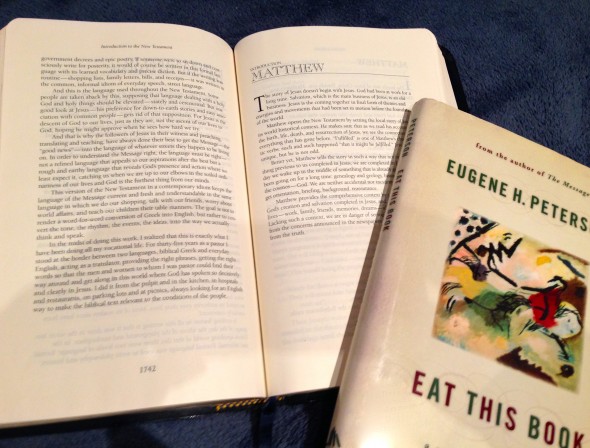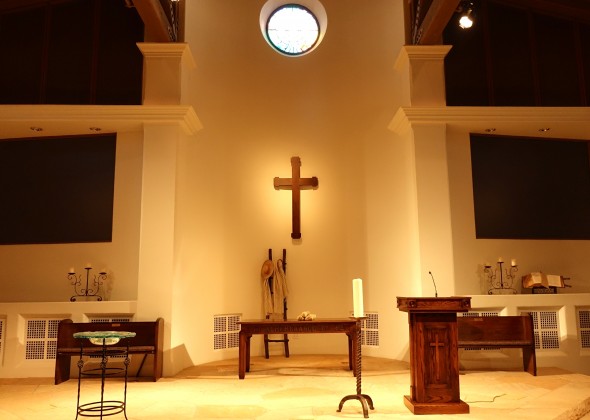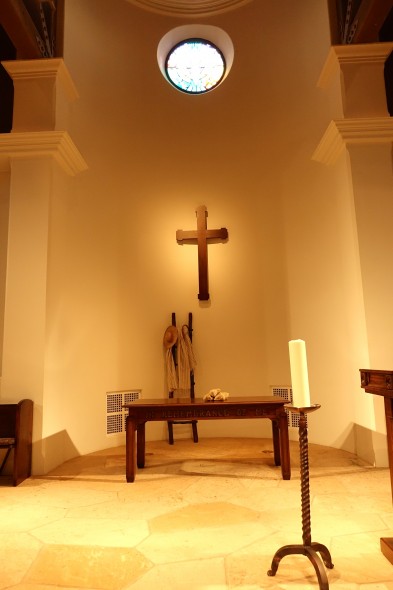I am privileged to write each month at A Deeper Story. This month’s story comes from a seminary classroom experience a very long time ago. But somehow the issue lingers. See what you think:
As I remember, it was somewhere between two and four in the afternoon, on a Monday. A lovely spring day, temperate California weather, a low simmer of chatter and anticipation in our small seminary classroom.
There were about 20 of us taking a course on Conflict Resolution, from a moderately well-known professor who had written on the topic and had always seemed to me to be kind and soft-spoken. Maybe that’s why his response startled me so.
We were divided into pairs and given a scenario to act out, to role-play. My partner was a nice young man, whom I did not know, and we were assigned the following:
You are a married couple shopping for furniture for your home. When you arrive at the store, the wife discovers that the husband has already purchased furniture without telling her about it. How does the discussion unfold between you?
There was no advance notice, no conversation between us ahead of time. “Just plunge in,” the teacher said. “Act it out.”
So I did.
I stated my disappointment clearly, firmly, with a moderately low level of emotion, at least to my ears. And to the ears of every other woman in the class, I later discovered.
As soon as I finished speaking, this well-respected professor very carefully and deliberately crossed his legs and placed his hands in his lap, as if to protect himself, and said, “Wow, Diana. Way to challenge his manhood!”
To say I was stunned would be a severe understatement. I am a large person, this I know. I am a strong person. This I also know. I am also moderately articulate and quick on my feet. I expressed my disappointment with the ‘husband’ clearly, but not harshly.
Yet to this man, whose specialty was conflict, I was overbearing, aggressive, out for the kill — just plain too much. I was embarrassed to the point of humiliation. In addition, I was really, really confused.
If a woman states her case plainly, is she aggressive? Is she emasculating? Is she crossing some kind of invisible line in the sand? If the roles had been reversed, if the ‘husband’ had spoken similarly to the ‘wife,’ would that have elicited the same response?
Please join me over at ADS to continue this conversation. . .































